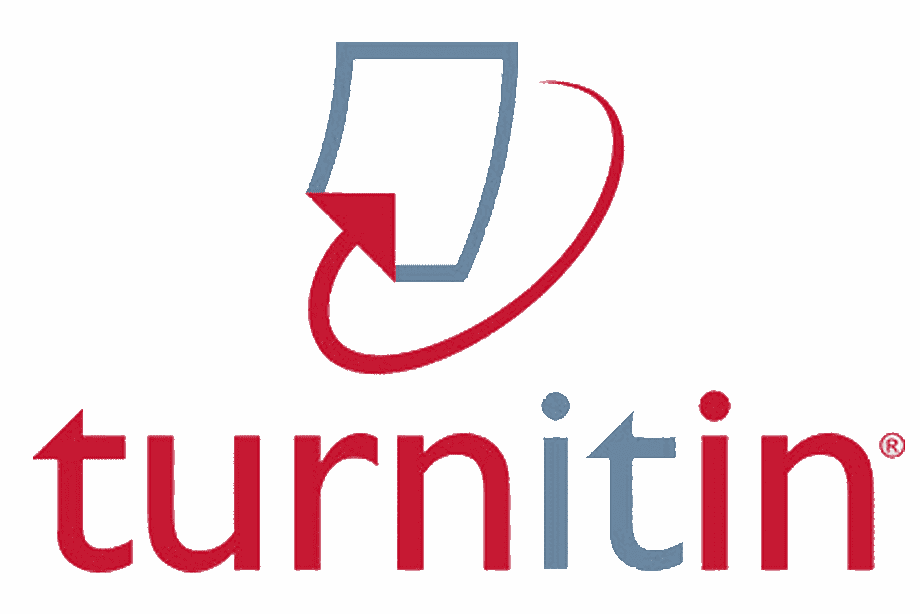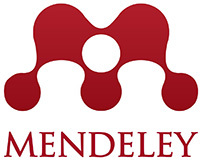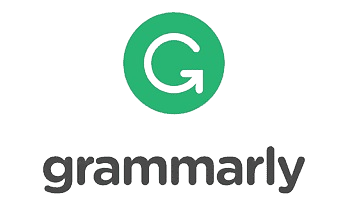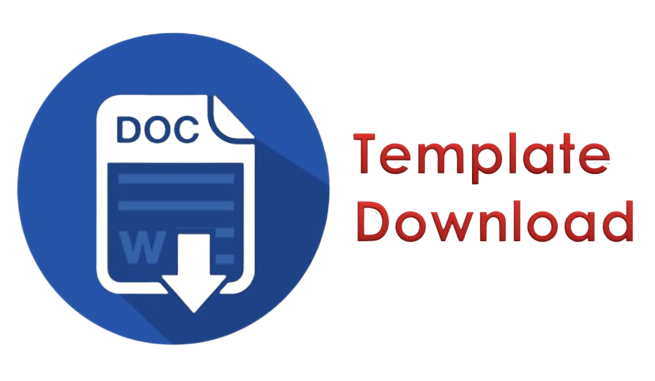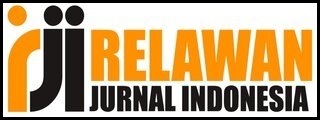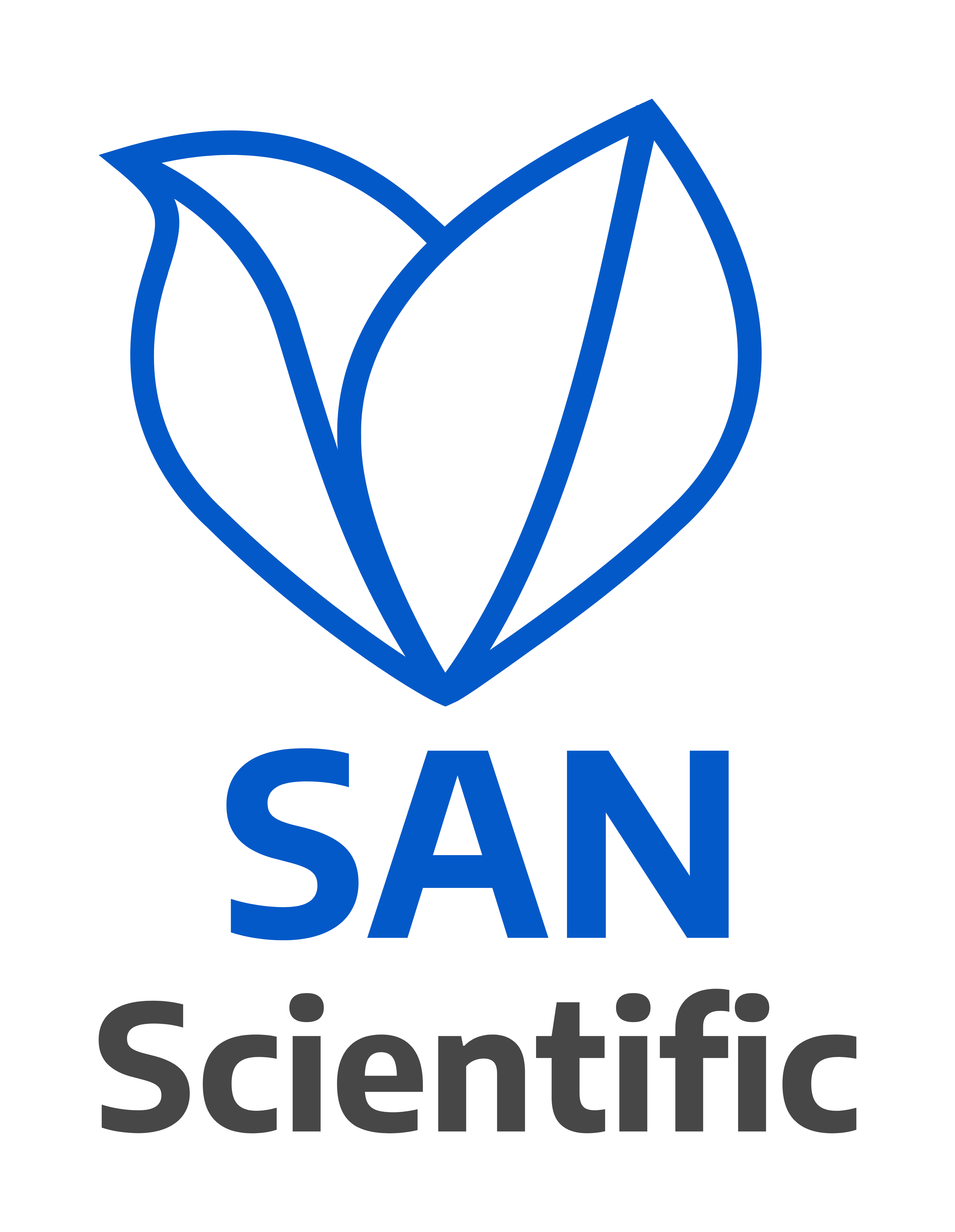The Ethical Deviations of AI in Marketing Practices: A Critical Review from Halal Perspectives
DOI:
https://doi.org/10.58777/rie.v2i2.393Keywords:
Artificial Intelligence, AI, Halal Marketing, Ethical Deviations, Islamic EthicsAbstract
This paper critically examines the ethical deviations in Artificial Intelligence (AI) tools used for marketing practices from a halal perspective, focusing on Islamic ethical principles. The research highlights risks associated with AI technologies like generative AI (e.g., ChatGPT), image generators, face-swapping tools, and voice cloning, which can lead to misinformation, manipulation, and exploitation. These issues contradict Islamic values of justice (‘adl), integrity (amanah), and harm avoidance (mafsadah). Using a qualitative, exploratory approach, this study identifies key ethical violations while introducing the novel concept of integrating halal principles into AI governance frameworks for marketing. The managerial implications of this research include the necessity for businesses to adopt ethical guidelines, conduct regular AI audits, and prioritize consumer trust through transparent and accountable practices. Companies can enhance competitive advantage by aligning their AI-driven marketing strategies with halal standards, fostering trust among diverse consumer bases. This study not only addresses immediate ethical concerns but also lays the foundation for developing AI tools aligned with Islamic values, contributing to responsible innovation and long-term societal impact.
References
Abu Dawood, S. (1984). Sunan Abu Dawood. Beirut: Dar al-Kutub al-Ilmiyyah
Al-Qaradawi, Y. (1994). The Lawful and the Prohibited in Islam. American Trust Publications
Al-Zuhayli, W. (2003). Fiqh al-Islami wa Adillatuhu. Damascus: Dar al-Fikr
Battour, M., Mady, K., Elsotouhy, M., Salaheldeen, M., Elbendary, I., Marie, M., & Elhabony, I. (2022). Artificial intelligence applications in halal tourism to assist Muslim tourist journey. In Proceedings of International Conference on Emerging Technologies and Intelligent Systems: ICETIS 2021 Volume 2 (pp. 861-872). Springer International Publishing.
Battour, M., Mady, K., Salaheldeen, M., Elsotouhy, M., Elbendary, I., & Boğan, E. (2023). AI-enabled technologies to assist Muslim tourists in Halal-friendly tourism. Journal of Islamic Marketing, 14(5), 1291-1309.
Beekun, R. I., & Badawi, J. A. (2005). Balancing ethical responsibility among multiple organizational stakeholders: The Islamic perspective. Journal of Business Ethics, 60(2), 131–145. https://doi.org/10.1007/s10551-004-8204-5
Bello, S. M., & Muazu, M. H. (2023). The 21st Century Innovative Marketing Strategies for Halal Entrepreneurs in the Various Segments of the Halal Industry. In Contemporary Discourse of Halal and Islamic Entrepreneurship: Trends and Future Opportunities (pp. 223-235). Singapore: Springer Nature Singapore.
Creswell, J. W., & Creswell, J. D. (2018). Research Design: Qualitative, Quantitative, and Mixed Methods Approaches (5th ed.). Thousand Oaks, CA: Sage Publications.
Du, S., & Xie, C. (2021). Paradoxes of artificial intelligence in consumer markets: Ethical challenges and opportunities. Journal of Business Research, 129, 961-974.
Du, S., & Xie, C. (2021). Paradoxes of artificial intelligence in consumer markets: Ethical challenges and opportunities. Journal of Business Research, 129, 961–974. https://doi.org/10.1016/j.jbusres.2020.08.024
Elmahjub, E. (2023). Artificial Intelligence (AI) in Islamic Ethics: Towards Pluralist Ethical Benchmarking for AI. Philosophy & Technology, 36(4), 73.
Elmahjub, E. (2023). Artificial Intelligence (AI) in Islamic Ethics: Towards Pluralist Ethical Benchmarking for AI. Philosophy & Technology, 36(4), 73.
Floridi, L., & Cowls, J. (2019). A Unified Framework of Five Principles for AI in Society. Harvard Data Science Review.
Ghazali, A. H. (2005). Ihya Ulum al-Din. Beirut: Dar al-Kutub al-Ilmiyyah
Gonçalves, A. R., Pinto, D. C., Rita, P., & Pires, T. (2023). Artificial Intelligence and its ethical implications for marketing. Emerging Science Journal, 7(2), 1-12. https://doi.org/10.28991/ESJ-2023-07-02-01
Hagendorff, T. (2020). The ethics of AI ethics: An evaluation of guidelines. Minds and machines, 30(1), 99-120.
Hermann, E. (2022). Leveraging artificial intelligence in marketing for social good-an ethical perspective. Journal of Business Ethics, 179(1), 43-61.
Hermann, E. (2022). Leveraging Artificial Intelligence in Marketing for Social Good-an Ethical Perspective. Journal of Business Ethics, 179(1), 43–61. https://doi:.org/10.1007/s10551-021-04843-y
Hunt, S. D., & Vitell, S. J. (2006). The general theory of marketing ethics: A revision and three questions. Journal of Macromarketing, 26(2), 143–153. https://doi.org/10.1177/0276146706290923
Koswara, A. (2024). Eksploitasi Ai Voice Cloning Dalam Pemasaran Digital: Analisis Kebohongan Dan Manipulasi Suara Dalam Iklan. Jurnal Imagine, 4(2), 77–83.
Martin, K., Shilton, K., & Smith, J. (2019). Business and the Ethical Implications of Technology: Introduction to the Symposium. Journal of Business Ethics, 160(2), 307–317. https://doi.org/10.1007/s10551-019-04213-9
Nasution, M. D. T. P., Astuti, D., Rahayu, S., Rossanty, Y., Harahap, R., & Rafiki, A. (2023, September). AI-Driven Chatbots in Halal Marketing Communication Challenges and Opportunities. In Global Islamic Marketing Conference (pp. 403-421). Singapore: Springer Nature Singapore.
Nasution, M. D. T. P., Rafiki, A., Rossanty, Y., & Pahlufi, C. K. (2024). Exploring Small and Medium Enterprises' Intention to Adopt AI-Powered Chatbots in Halal Marketing Communications. IQTISHODUNA: Jurnal Ekonomi Islam, 13(1), 35-58.
Nasution, M. D. T. P., Rini, E. S., Sembiring, B. K. F. S., Silalahi, A. S., & Pahlufi, C. K. (2023). Is It Practical to Utilize AI-powered chatbots in Halal Marketing Communications? In Strategies and Applications of Islamic Entrepreneurship (pp. 34-55). IGI Global.
Norvadewi, N., Setyadi, D., Zainurossalamia, S., & Wahyuni, S. (2024). Islamic Marketing Ethics: Strategi Bisnis di Era Digital. Yayasan Drestanta Pelita Indonesia.
Rahman, M. M., Al Mahi, A., & Hossian, M. A. Z. (2024). Application of AI in Halal Marketing: Navigating the Ethical Crossroads. West Science Interdisciplinary Studies, 2(04), 920-926.
Rice, G. (1999). Islamic ethics and the implications for business. Journal of Business Ethics, 18(4), 345–358. https://doi.org/10.1023/A:1005711414306
The Qur'an, Surah Al-Baqarah 2:42, Surah Al-A'raf 7:56, Surah Al-Hujurat 49:13
Umam, K., & Jannah, N. (2024). Intersection of Artificial Intelligence and Islamic Studies: Challenges and Opportunities in The Digital Era. Peace and Humanity Outlook, 1(1), 39-48.
Usmani, T. (2002). Islamic Finance: Principles and Practices. Karachi: Idaratul Maarif
Downloads
Published
How to Cite
Issue
Section
Copyright (c) 2025 Asep Koswara, Lina Herlina

This work is licensed under a CC Attribution-ShareAlike 4.0
 Views: 232
|
Views: 232
|
 Downloaded: 154
Downloaded: 154



